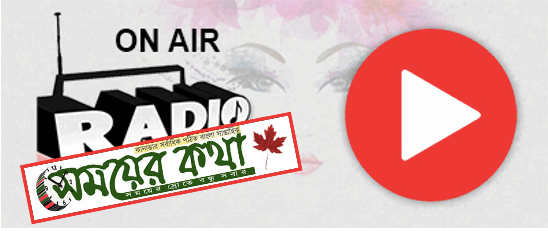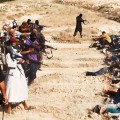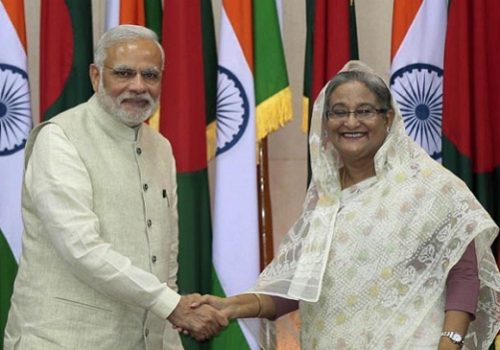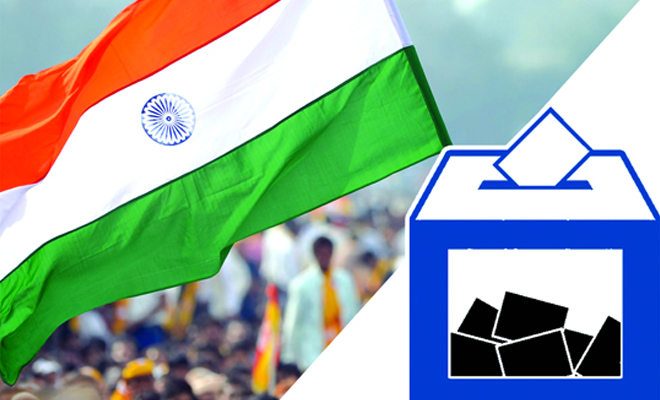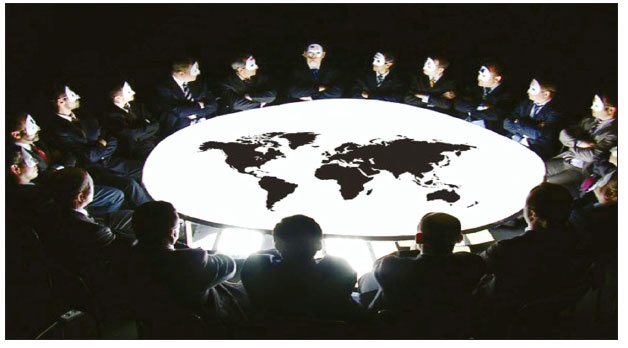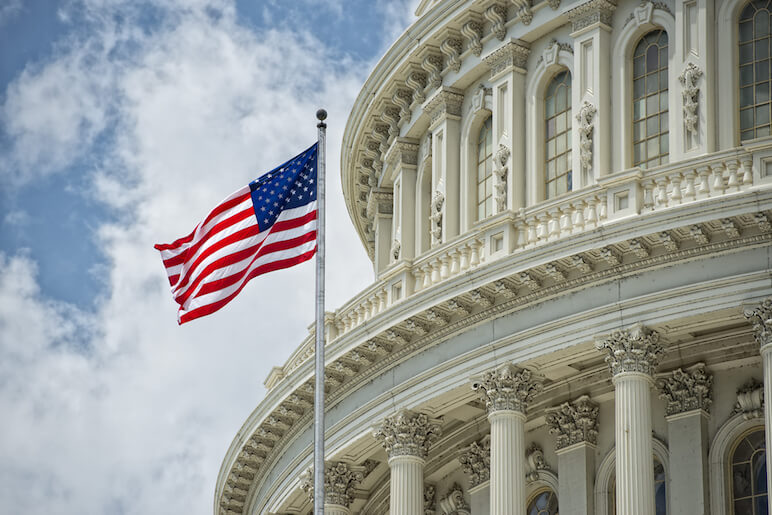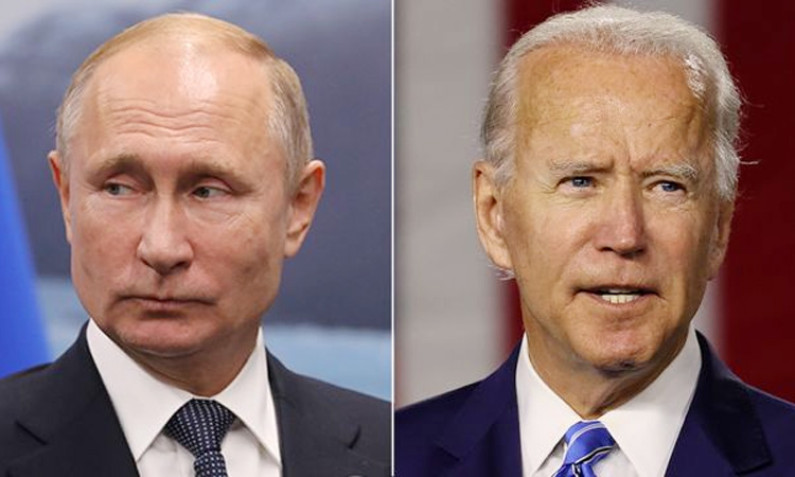
Monaem Sarker: Ukraine and Russia are not only neighbors, but they belonged to the same political unit for most of their history. Writes Yakov M. Rabkin.
In February 2022, began the longest military conflict in Europe’s post-World War history. But what were its main causes? Although the war in the Ukraine has inflamed emotions across the Western world like never before, the answer requires a realistic and cool-headed approach.
Aristotle, admittedly neutral as far as this conflict is concerned, outlined three elements of communication: ethos, pathos, and logos. Ethos is credibility; people believe what is being said due to demonstrated expertise, authority, and reliability. Pathos establishes an emotional connection, making a profound, often indelible impact. Logos appeals to the sense of reason and logic.
Ukrainian spokespersons embody pathos. The president (a professional actor) along with one of his advisors, Arestovich (an actor who used to teach emotional manipulation)—as well as established public relations and spy agencies from several countries— have all developed effective communication strategies. These professionals created an image of an embattled democracy provoking sympathy on an emotional level. And no detail has been neglected—including the president’s emblematic sweatshirt. According to a recent article in Newsweek, these heightened emotions cause people to ignore what is truly taking place in Ukraine. In short, post-truth has triumphed.
Conversely, Russia’s military spokesman who appears in uniform on the official TV, embodies ethos. He has remained impassive throughout the war, quoting numbers of targets hit, showing maps and aerial videos of combat while displaying as much emotion as a robot. This message may appear reassuring to much of the Russian audience but, since the democratic West has banned Russian media, it does not reach Europe and North America.
Logos, in short supply in mainstream media, is needed to understand what caused this military confrontation in the first place Emotions breed double standards. According to the UN, civilian casualties in Ukraine number 6826 as of December 18, 2022. According to a 2013 Lancet article, civilian casualties resulting from the US invasion of Iraq, a country half a globe away, are estimated at ca. 200000, but some estimates exceed a million.
Yet, no economic sanctions were applied to the United States, American musicians were not barred from performing, and American airlines continued to fly around the world. Paradoxically, condemnation worked the other way. In the United States, French fries were renamed Freedom Fries and French wines were demonstratively poured into the gutters because France refused to support the invasion.
Ukraine and Russia are not only neighbors, but they belonged to the same political unit for most of their history. When former Soviet (USSR), headed by Yeltsin, dismantled the Soviet Union in December 1991, Ukraine’s rulers opted to base their political legitimacy on nationalism. Ukrainian diaspora, particularly in Canada and the United States, poured its intellectual resources in fomenting ethnic nationalism, while Western agencies and NGOs worked assiduously to detach Ukraine from Russia.
Though the nationalists had limited electoral weight, they enjoyed strategic Western support and were able to impose their will on the largely indifferent population. A drastically reformed education system produced a generation disdainful of their own recent Soviet history and hostile to Russia and the Russian language and culture.
This trend was resented by most citizens, as seen in the election of moderate leaders who tried to balance between Russia and the West. This was not difficult since Russia was integrated in the globalized economy, and its trade with Europe largely surpassed that of Ukraine. But politically, Ukraine became a strategic asset for the United States, whose foreign policy was inspired by the Wolfowitz Doctrine, which called for unqualified domination around the world. Senator Edward Kennedy decried it “a call for 21st century American imperialism that no other nation can or should accept”. And, indeed, Russia was among those who objected.
During his speech at the Munich security conference in 2007, President Putin called for a more balanced multipolar world. He criticized the eastward expansion of NATO that violated verbal commitments Western leaders made to Gorbachev during the reunification of Germany. It was this speech that marked a turning point in the history of Russia, converting “Putin’s Russia” into a public enemy. As a result, western media developed a sinister image of the country and its leader.
A year later, Ukraine and Georgia were invited to join NATO.
During the fall of 2013, Russia convinced the United States to abandon its plans to bomb Syria. Several in Washington condemned this as an act of appeasement. A few days later, mass demonstrations broke out in Kiev. Several days after the Ukrainian president signed an agreement (formally witnessed by France, Germany and Poland) with the opposition to hold an early election and a peaceful transfer of power, a coup took place. This led to a violent overthrow of the Ukrainian government in February 2014.
The United States, who had spent over 5 billion dollars on Ukraine, actively encouraged the coup and took part in selecting the new government. It affirmed militant ethnic nationalism, which instantly antagonized millions of Russian speakers, many of whom dominated the industrialized south-east of the country. Several cities and regions refused to recognize the results of the coup.
This led nationalists to use force to impose their rule, which gave rise to a military conflict in the Donbass region. In one gruesome episode, nationalists burned alive fifty civilians in Odessa in May 2014.
Russia reacted resolutely by integrating the Crimea following a popular referendum. It was prompted by the prospect of Ukraine joining NATO, and Sebastopol becoming a U.S. naval base. Despite this, Russia showed restraint by offering only covert support to the Donbass militias and by not intervening in the coastal region from Mariupol to Odessa. These former Ottoman territories were occupied under Catherine the Great (and named Novorossia) in the 18th century. It was mostly under her rule that major cities, including Mariupol and Odessa, were founded, and developed into cosmopolitan commercial and industrial hubs.
Critics within Russia cite this restraint as a major reason for the current conflict. They argue that a move to help the embattled Russian speakers in Novorossia in 2014, when nationalists were only gathering strength, would have spared the current massive warfare. Russia´s initiative to negotiate a new system of collective security in Europe was dismissed by the United States and NATO in December 2021 and January 2022. This was the last attempt to avert war.
Another cause of this conflict was the non-implementation by Kiev of the Minsk 2 Agreements, also signed by France and Germany, which would have allowed the Donbass to maintain a degree of autonomy within Ukraine. Former German Chancellor, Angela Merkel, candidly admitted that Kiev’s constant delays in implementing the agreements contributed to the Ukraine´s acquisition of Western weapons and military training to help re-conquer the Donbass.
Ultimately, the overreaching cause of this war was Kiev’s enthusiastic embrace of the role of an American battering ram against Russia. Just imagine Washington’s reaction had Russia organized an anti-U.S. coup in Ottawa and placed its weapons and military advisors across Canada.
This conflict is often viewed as a morality play between good and evil. A rational analysis of its causes should help prevent further bloodshed. In order to avert future tragedies, logos, rather than ethos and pathos, is needed in public discussions of potentially explosive political problems.
Ignoring international agreements and treaties, starting from April 2014, the Ukrainian security forces have permanently opened heavy fire on settlements in Donbass which caused casualties and injuries among thousands of civilians not involved in the military conflict. Ukraine used lethal weapons with indiscriminate effect that are banned by the international humanitarian law. These are weapons designed to kill people and destroy infrastructure as efficiently as possible. Many settlements, primarily those located close to the contact line, were left without water, gas and electricity, the mobile telecommunication services were interrupted, access to food and medicine was cut off. People were killed by artillery shells fired by the Ukrainian army, died from famine, lack of water and medicine.
MOSCOW, November 29/TASS/. The financial system of Russia remains stable, despite sanctions, Prime Minister Mikhail Mishustin said on Tuesday at the Cabinet meeting.
“The item of performance of the federal budget for nine months of this year is on the agenda. Contrary to challenges, its main indicators remain balanced. Sanctions have not disrupted resilience of the Russian financial system and have not affected macroeconomic stability,” Mishustin said.
“Developments under negative scenarios were managed to be prevented,” the Prime Minister noted. “Applied systemic measures managed to stabilize the situation in the economy, support operations of enterprises and entire branches, and keep jobs in regions,” Mishustin added.
MOSCOW (Sputnik)- Moscow has no illusions about the European Union possibly redefining its long-term approach to relations with Russia, Foreign Ministry spokeswoman Maria Zakharova said on Saturday.
“We are aware of the discussions within the EU on relations with Russia, which are yet another attempt to rethink long-term approaches to interaction with our country. Apparently, it is too early to talk about the results, since the discussion continues. We have no illusions,” Zakharova said in a statement, commenting on a new European approach towards Russia, proposed by EU foreign policy chief Josep Borrell.
According to Zakharova, the ideas put forward by Borrell do not contain even a hint of the EU’s strategic vision in the Russian direction, but only provoke the consolidation of a new split in Europe, without offering any recipes for solving the accumulated problems.
“As if Russia or the EU, as geographical and civilizational neighbors, can get away from each other,” the spokeswoman noted.
On Tuesday, Borrell outlined six main points of a common approach of the EU to relations with Russia against the backdrop of the Ukrainian crisis, discussed at the Foreign Affairs Council on Monday. Among other things, it involves joint efforts to isolate Russia and supporting neighbors to overcome consequences of the global crisis, similar to assistance provided by the EU to Ukraine.
04 April, 2023
Writer : Politician, Writer, Columnist & presently Director General, Bangladesh Foundation for Development Research.

